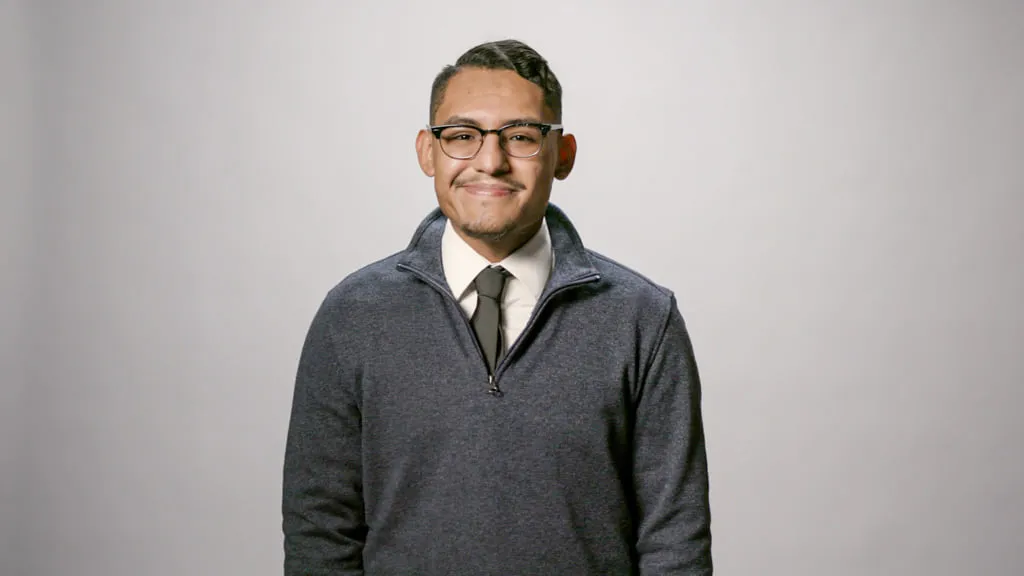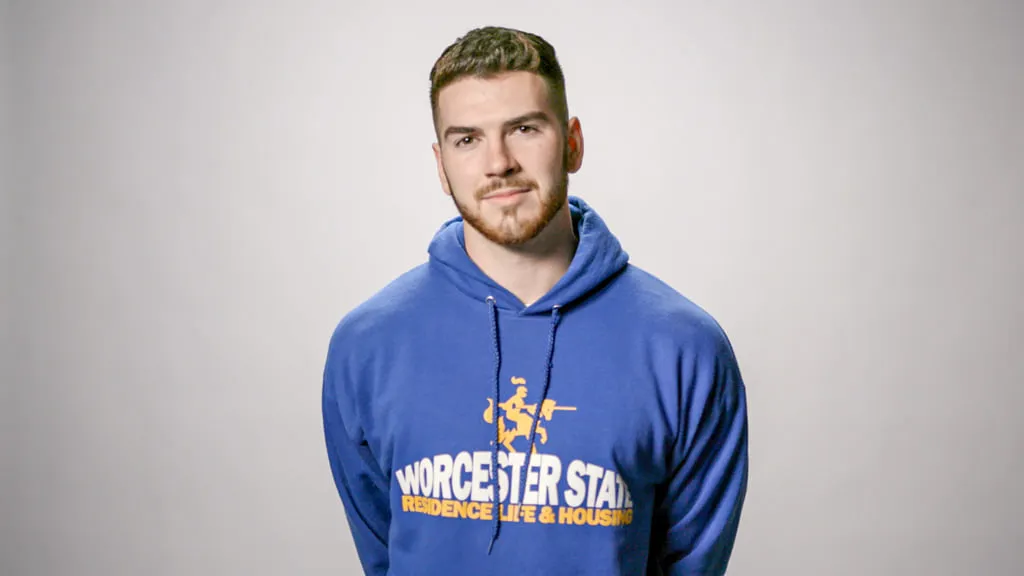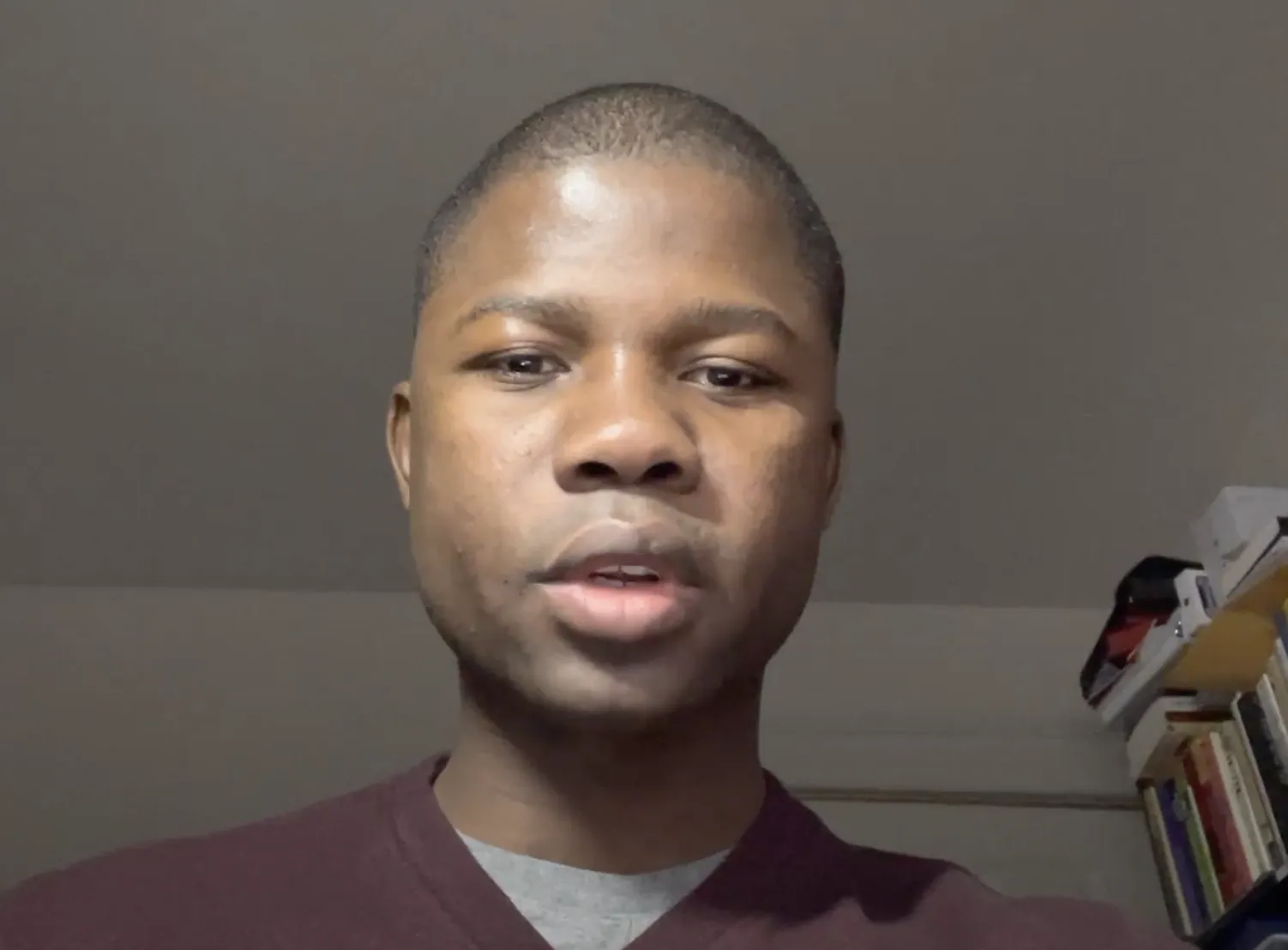Do you wonder how the mind, brain and human behavior are connected?
Do you want to help others?
The major from the Psychology Department will give you a wide range of marketable skills that include interpersonal awareness, problem solving, and persuasion. Small class sizes allow you to develop professional relationships with dedicated faculty who have a wide variety of areas of expertise in the field of psychology. You will also have the opportunity to get hands-on experience through internships and faculty-led undergraduate research projects in which you can develop, conduct, analyze, and present your research. This degree will prepare you for a career or graduate programs by the end of your senior year. Please note we also offer a minor in psychology.
What You Will Learn
A Psychology degree can be applied in many areas, from business administration to social work. Our psychology courses will teach you many skills associated with a liberal arts education in social science:
- Critical thinking skills
- The scientific method and how to apply it
- Psychological research methods
- Writing and communication skills
- Presentation and public speaking skills
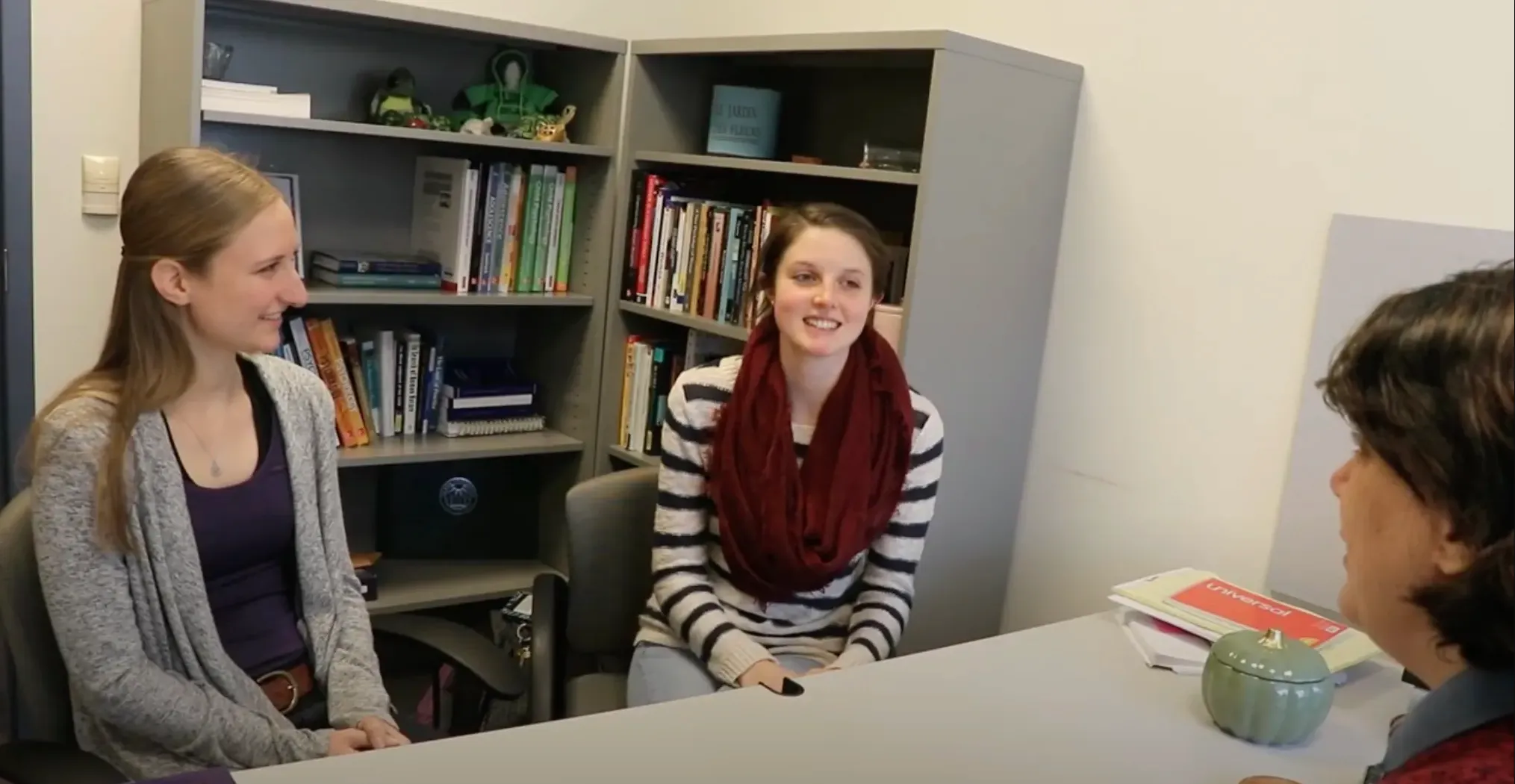
Take a Dive
Psychology Major at Worcester State
Psychology Concentrations
-
This concentration will prepare you for graduate school and employment in agencies serving the mental health needs of special populations, including people with mental disabilities; addiction; and cognitive, emotional, and behavioral problems.
-
This minor examines the cognitive and psychological development of humans from infancy to old age. Courses will provide you with a core understanding of psychology, including how the mind, brain, and behavior are connected.
-
This minor explores the link between mind, body, and behavior. Learn about abnormal psychology, developmental psychology, psychobiology, cognition and learning, and social psychology.
-
This 24-credit certificate focuses on the basic competencies associated with helping people recover from substance abuse disorders. Worcester State has been recognized by the Massachusetts Department of Public Health’s Bureau of Substance Abuse Services as an approved Addictions Education Provider.
-
The undergraduate minor in Women’s, Gender, and Sexuality Studies brings together courses that provide a critical analysis of gender, sexuality, and the related categories of class, race, and other dimensions of social power. Gaining knowledge about women, men, and people of all genders will help you move through a complex contemporary world.
Student Organizations in Psychology
-
The honors program is designed to increase opportunities for students of outstanding ability to engage in independent work and prepare for more challenging futures. It is especially recommended for students planning to pursue graduate education. The project is completed and presented to a faculty sponsor.
-
Psi Chi was founded September 4, 1929, during the 9th International Congress of Psychology. Representatives from 11 colleges and universities signed the charter, and three others signed by proxy. It is the largest student psychological organization with over 600,000 members.
Take the next step towards a Psychology degree
Explore sample Psychology courses. -
-
-
-
-
-
-
-
PS-101 General Psychology
PS-254 Persuasion
PS-260 Psychology of Human Sexuality
PS-270 Psychopharmacology
PS-310 Development of Exceptional Children/Youth
PS-315 Physical and Sexual Abuse
PS-340 Psychological Testing and Measurement
PS-435 Clinical Psychology
Prerequisites and required courses for Psychology Major
Meet the Psychology faculty
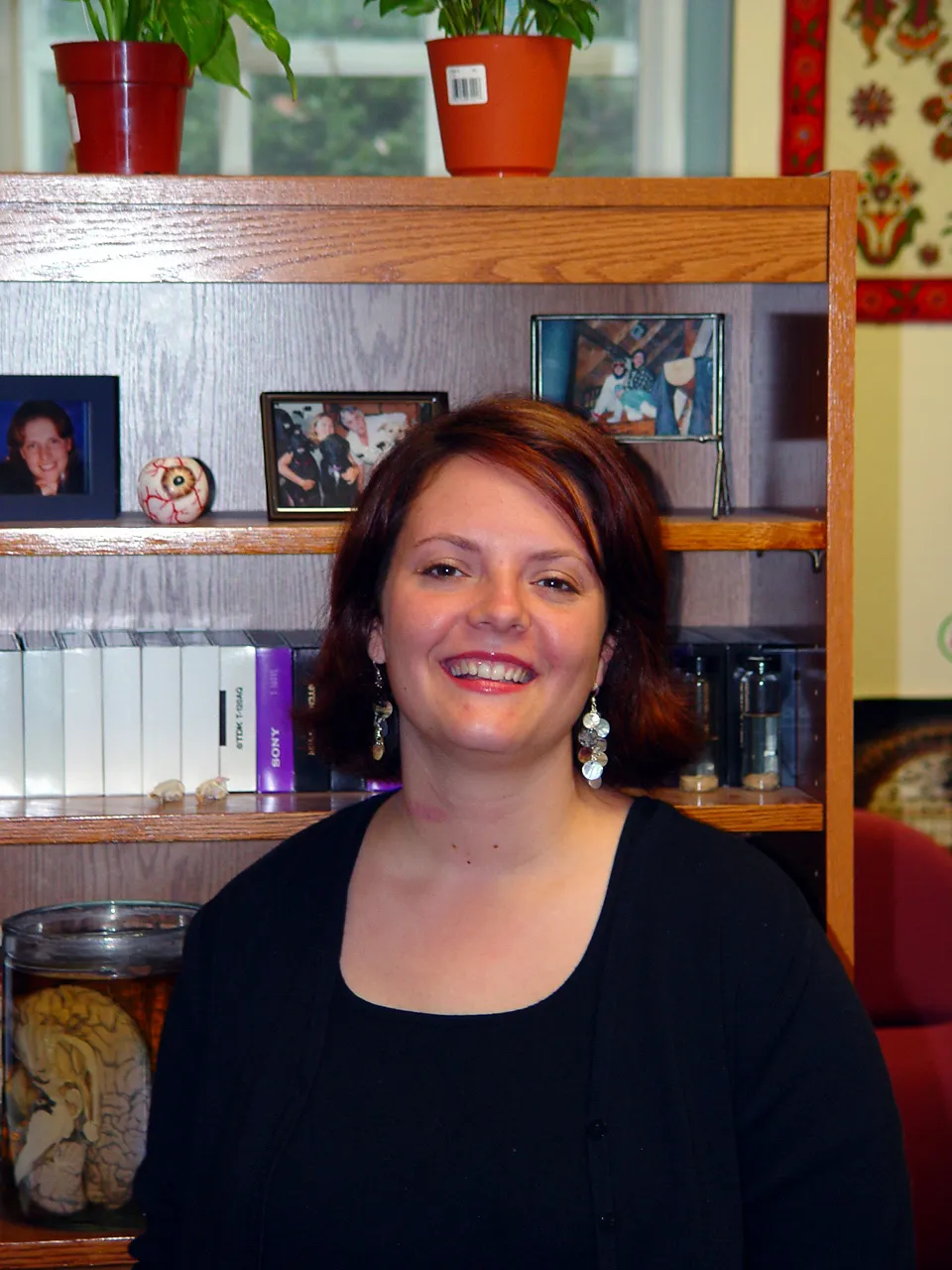

Sarah Eagan
Dr. Sarah Eagan started her academic career by earning a B.A. in Psychology in her home state of California at Sonoma State University. She then traveled to the Midwest and earned her M.A. in Social and Cognitive Processes at Ball State University. [...]
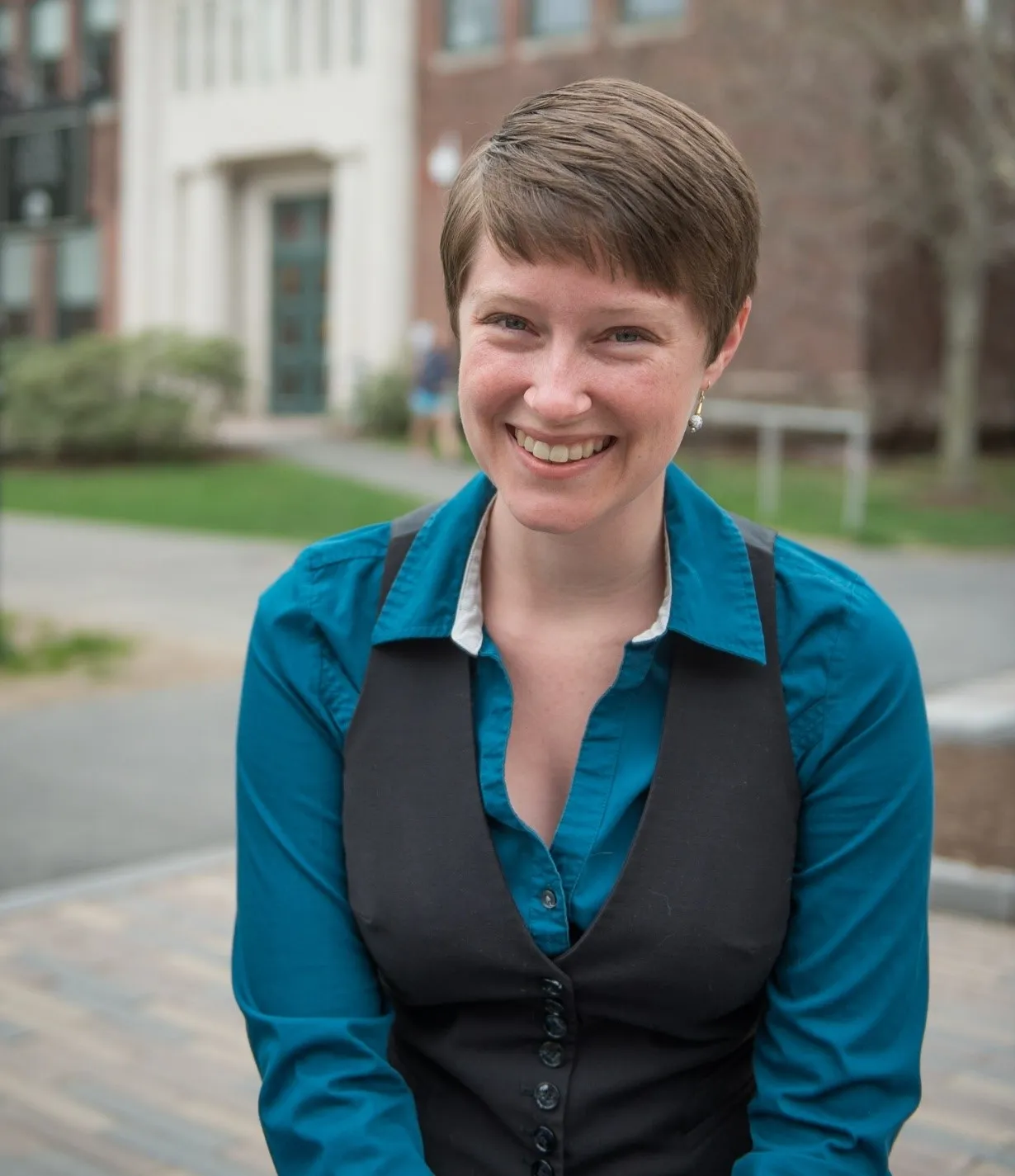
Alexandra Burgess
I am a clinical psychologist who focuses on internalizing psychopathology among youth. More simply, I'm interested in phenomena such as anxiety, depression, suicidality, eating disorders, and perfectionism among children, adolescents, and emerging [...]

Charles Fox
Charles R Fox, a Psychologist, Vision Scientist, Rehabilitation Optometrist, and Systems Neuroscientist, is a professor of Psychology with Worcester State University. He earned the Ph.D. from Brandeis University and the O.D. from New England College [...]
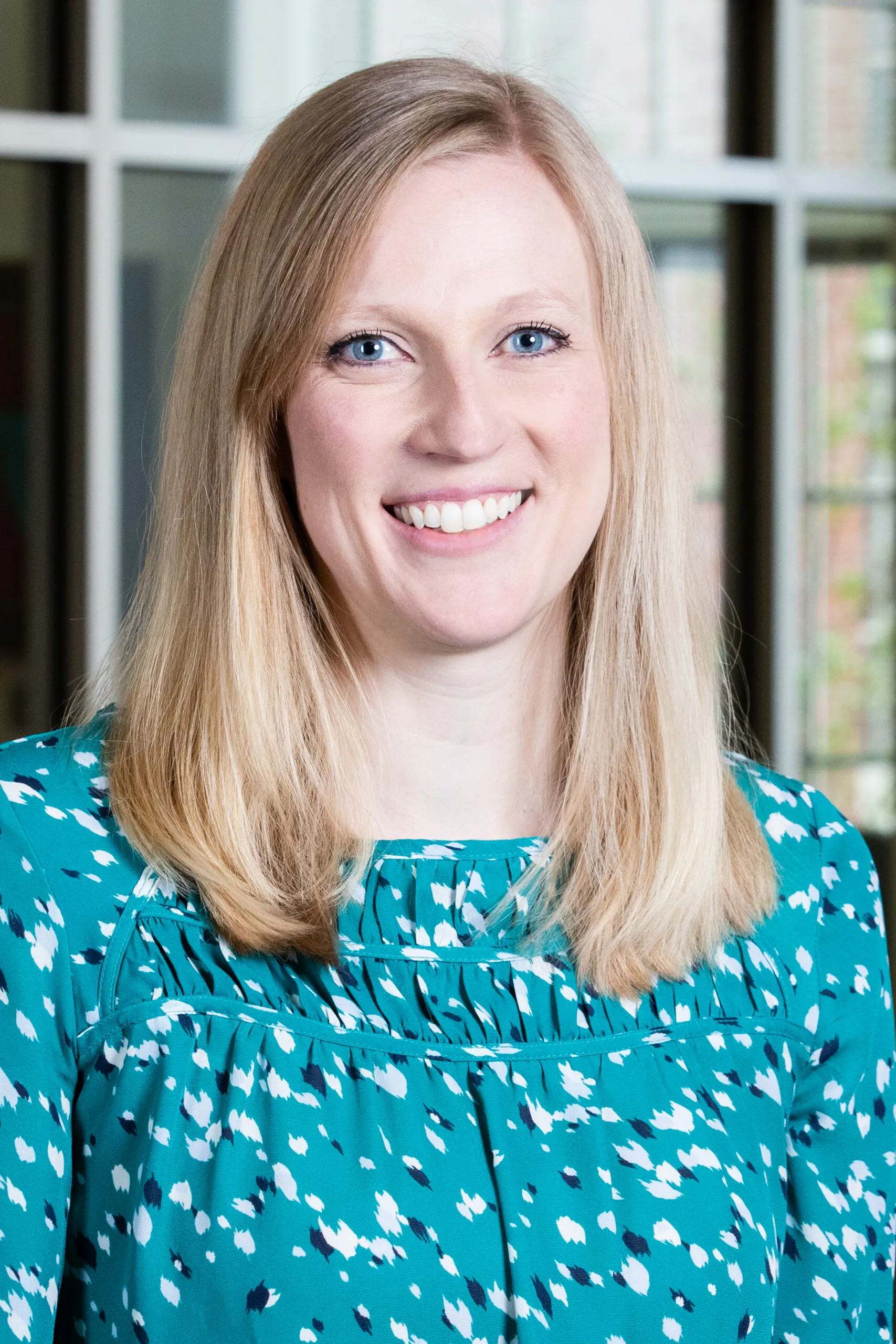
Kathryn Frazier
I am a developmental psychologist who is interested in gender and identity development among girls and women. My most recent work has taken up topics including mothers’ parenting beliefs and wellness, the sexualization of women and girls in U.S. [...]
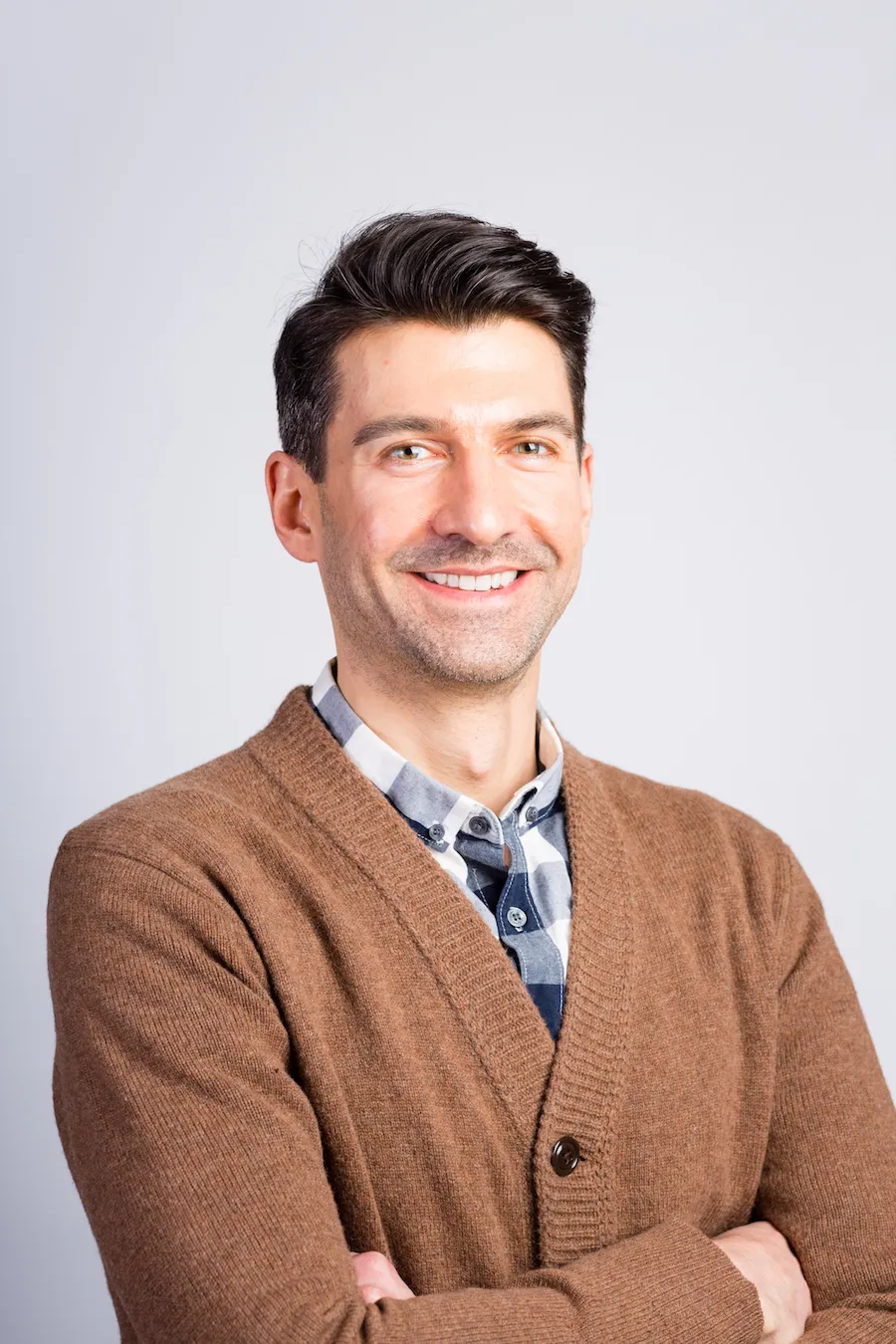
Benjamin Jee
My research explores the cognitive processes involved in human learning of real-world topics. I am especially interested in science domains, such as space science, geoscience, and biology. A main goal of my research are to make new discoveries that [...]
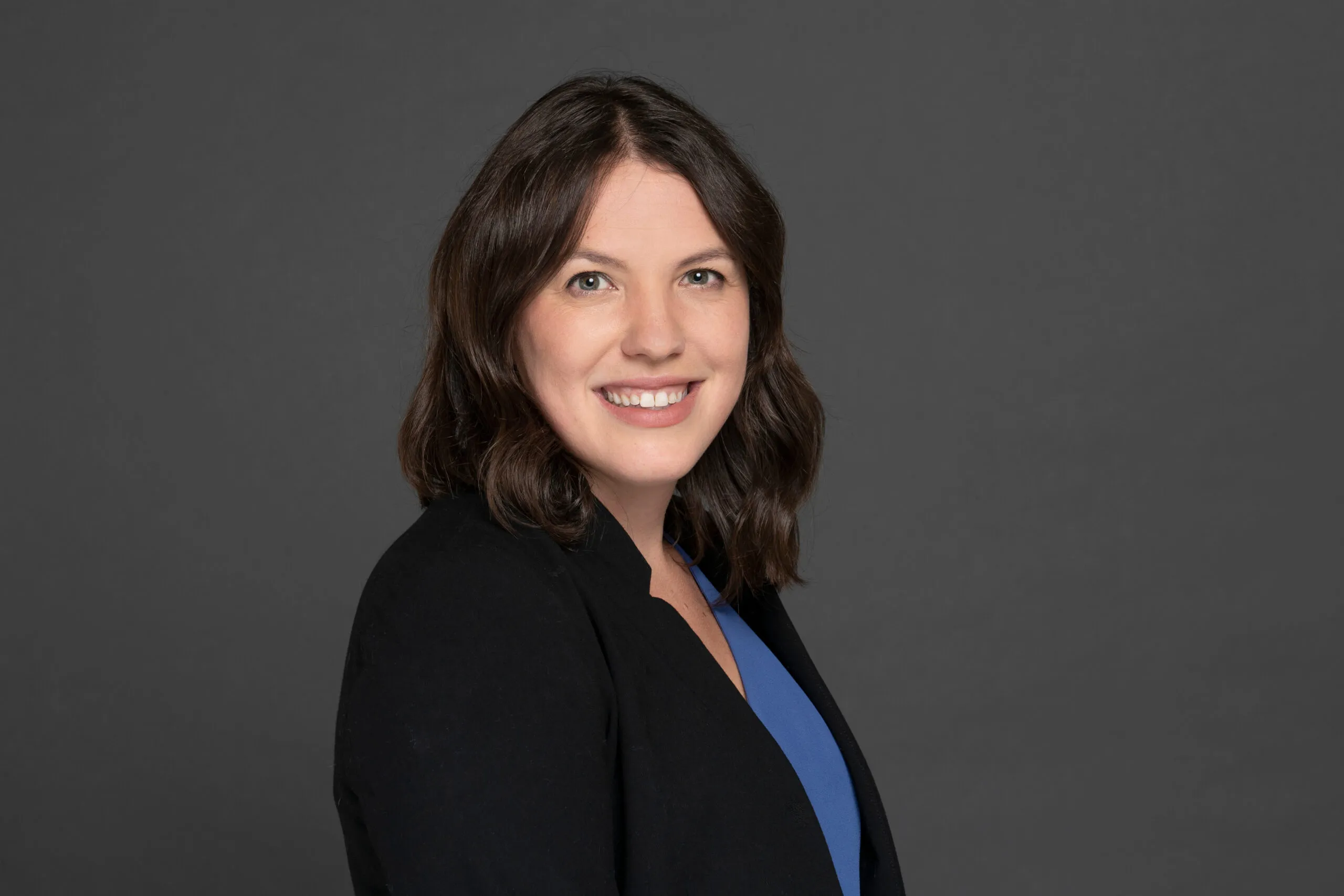
Brittany Jeye
I am a cognitive neuroscientist interested in human visual long-term memory. My research uses behavioral and neuroimaging techniques (EEG and fMRI) to investigate the relationship between inhibitory processing and memory specificity (i.e., how [...]
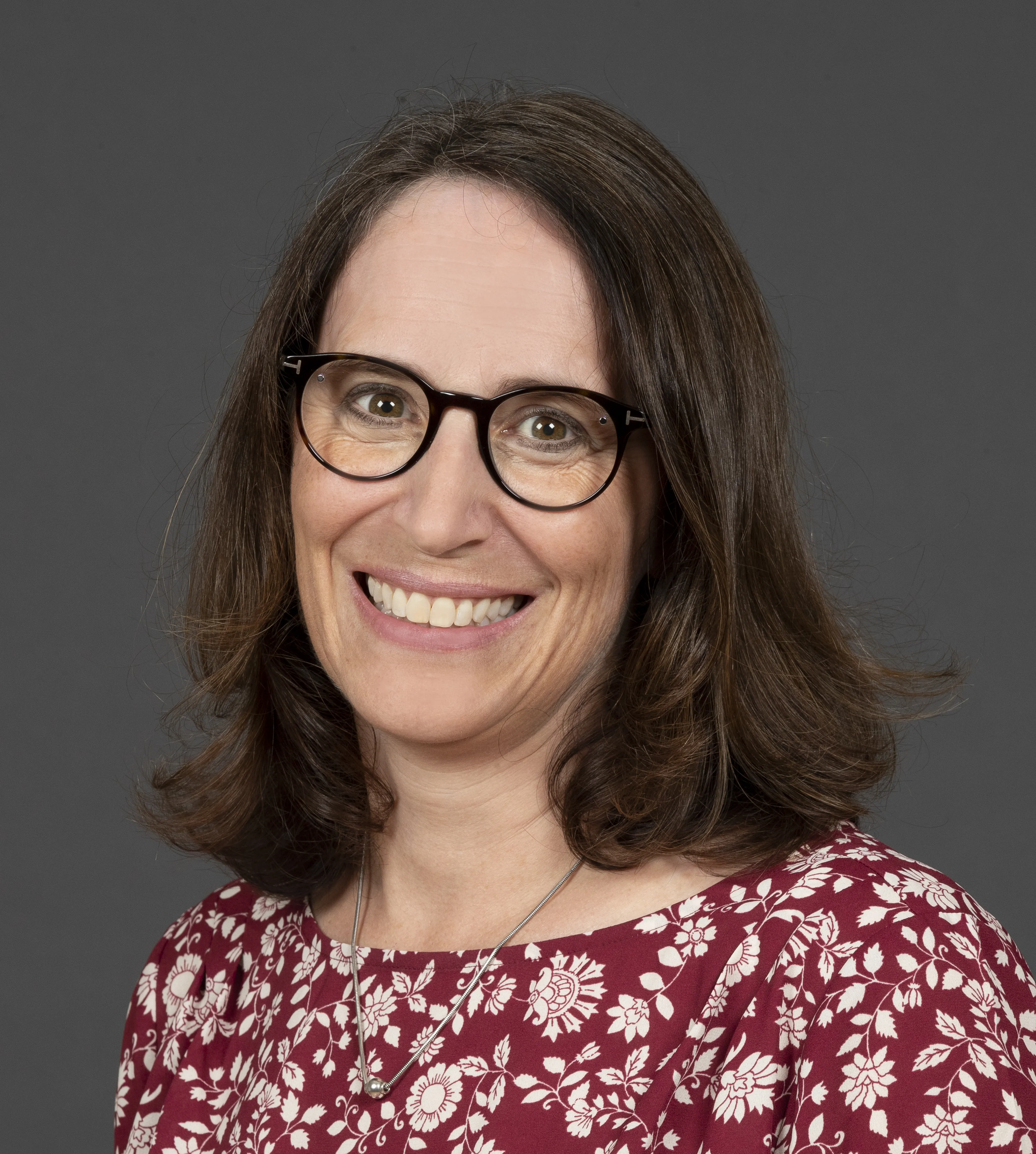
Nicole Rosa
Dr. Rosa is a Developmental Psychologist interested in lifespan development with a focus on aging, learning, memory, and disability. Her work has explored aspects of memory that remain intact in healthy and cognitively impaired older adults. Dr. Rosa [...]
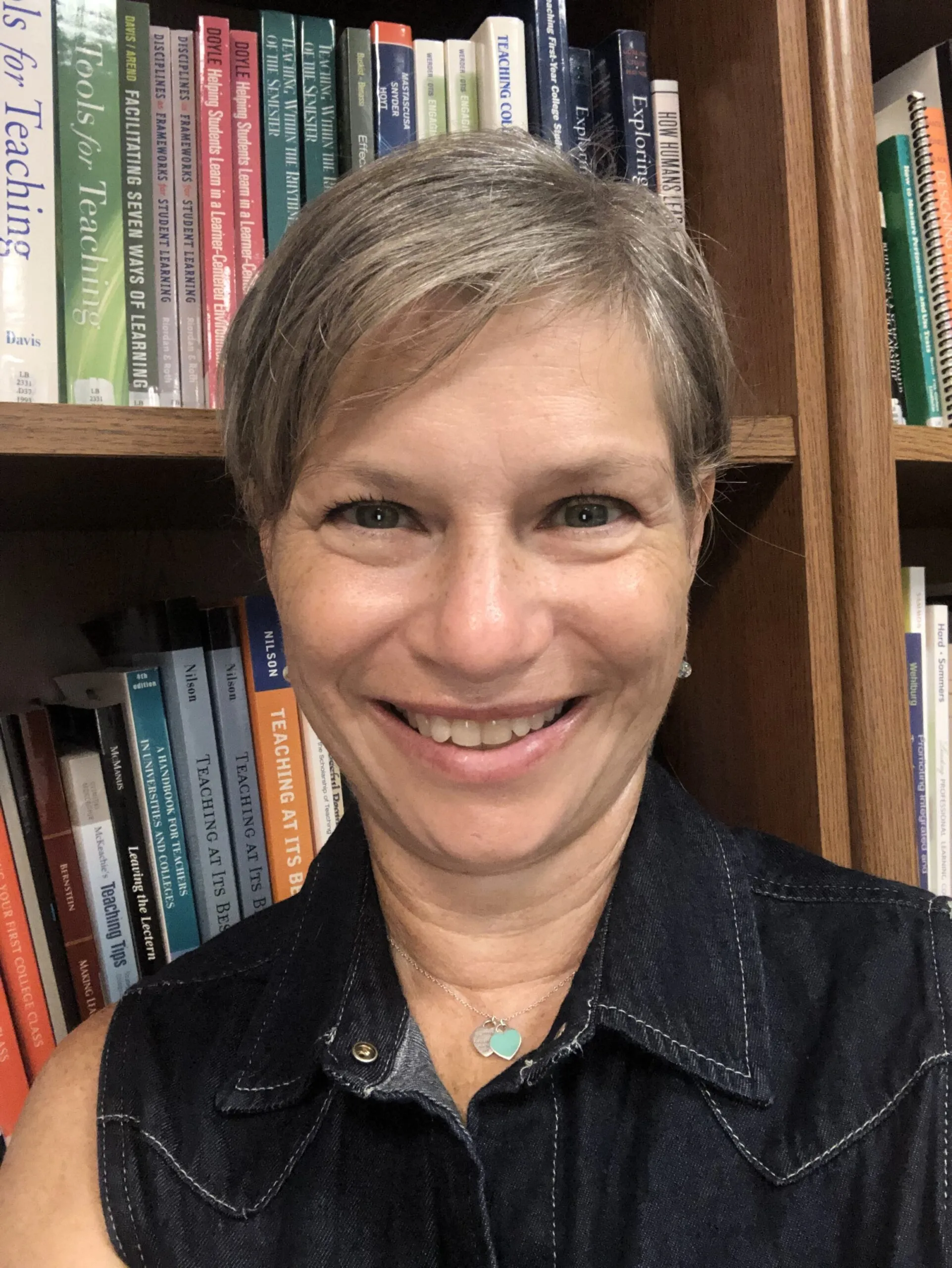
Emily Soltano
Dr. Soltano joined the Worcester University faculty and its Department of Psychology in 1999, and holds her B.A. and Ph.D. from State University of New York, Albany. She is an cognitive psychologist with extensive experience in statistical analysis, [...]
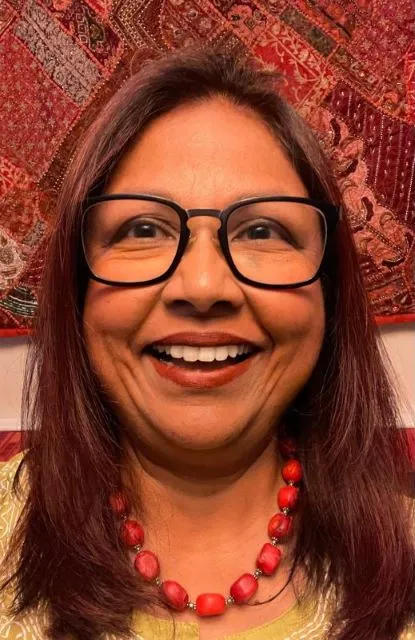
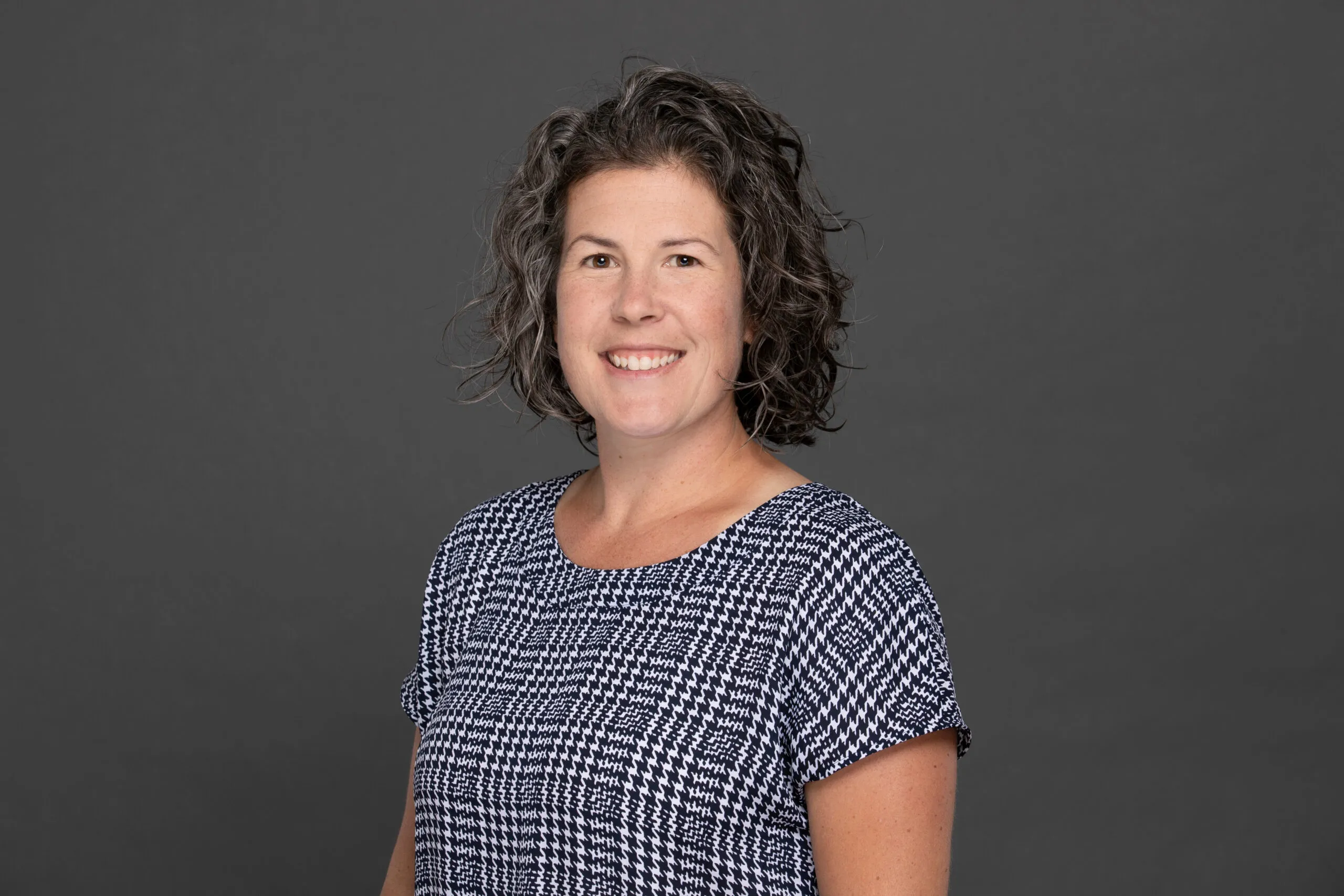
Colleen Sullivan
Dr. Colleen Sullivan received her B.S. from Frostburg State University and her M.A. and Ph.D. from University of Maryland, Baltimore County. She started calling the Psychology Department at Worcester State University her home in 2012. Dr. Sullivan's [...]

Seth Surgan
As a cultural psychologist, I am interested in how our psychological processes develop within, draw upon, and influence the historically established systems of meaning and activity through which we live our everyday lives. In plain English, that [...]
Estimated Psychology Salary
- Lowest 10% Salary: $52,430
- Median Annual Salary: $92,740
- Top 10 Percent Salary: $151,880
* U.S. Bureau of Labor Statistics (BLS) as of 2023 for Psychologist
Careers for Psychology Majors
-
Serving as an Applied Behavior Analyst is an excellent application of psychological training. They analyze data and use principles and techniques from behavior analysis to bring about meaningful and positive changes in behavior. The primary goal of ABA is to improve socially significant behaviors, which can include communication, social skills, academics, and adaptive living skills.
* Further education required
-
Residential Counselors use their psychological knowledge to provide support and supervision to individuals living in residential care facilities. These facilities can include group homes, shelters, rehabilitation centers, or assisted living environments. The primary role of a Residential Counselor is to create a safe, supportive, and structured living environment for residents, often those with developmental disabilities, mental health issues, substance abuse problems, or other special needs.
* Further education required
-
Clinical psychologists assess, diagnose, and treat individuals with psychological disorders. They may work in hospitals, mental health clinics, private practices, or other healthcare settings.
* Further education required
-
School psychologists work with students, teachers, and parents to address academic, social, emotional, and behavioral issues that may impact learning and development. They may be employed by schools, school districts, or educational agencies.
* Further education required
-
Industrial-organizational (I-O) psychologists apply psychological principles to the workplace to improve productivity, employee satisfaction, and organizational effectiveness. They may work in areas such as human resources, organizational development, or talent management.
* Further education required
-
In forensic psychology, analysts apply psychological principles to legal and criminal justice settings. They may assess and testify about individuals involved in legal cases, evaluate criminal offenders, provide expert testimony, or work in correctional facilities, law enforcement agencies, or private practices.
* Further education required
What Can You Do with a Psychology Degree?
